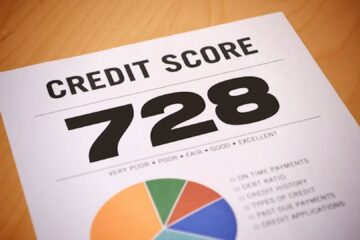Simple Strategies to Debt reduction
Advertising
Managing and reducing debt can feel overwhelming, but with the right strategies, it becomes manageable. Debt reduction is achievable by creating a plan, prioritizing payments, and avoiding habits that increase financial strain.
Here’s how to get started.

1. Create a Debt Reduction Plan
- List all your debts, including credit cards, loans, and other liabilities.
- Choose a repayment method, such as the avalanche or snowball method.
- Avalanche Method: Focus on paying debts with the highest interest rates first.
- Snowball Method: Pay off the smallest debts first for quick wins and motivation.
- Set realistic goals and stick to your payment schedule.
2. Negotiate Interest Rates
Lower interest rates can significantly ease the process of debt reduction.
- Contact creditors and request lower interest rates.
- Consolidate high-interest debts into a single loan with better terms.
- Explore balance transfer credit cards with introductory 0% APR offers.
3. Avoid Accumulating More Debt Reduction
Preventing new debt is as important as reducing existing debt.
- Use a budget to track expenses and identify areas to cut back.
- Limit credit card usage to essentials and avoid impulsive purchases.
- Build an emergency fund to handle unexpected expenses without borrowing.
4. Seek Professional Help if Needed
If debt becomes unmanageable, professional assistance can help.
- Work with a credit counselor to develop a personalized repayment plan.
- Explore debt management programs that negotiate with creditors on your behalf.
Conclusion
Debt reduction requires discipline, planning, and consistent effort. By creating a structured repayment plan, negotiating better terms, and avoiding new debt, you can achieve financial freedom. Start today, stay committed, and watch your debt diminish over time.
See also: Financial Planning for Young Professionals: Getting Started




